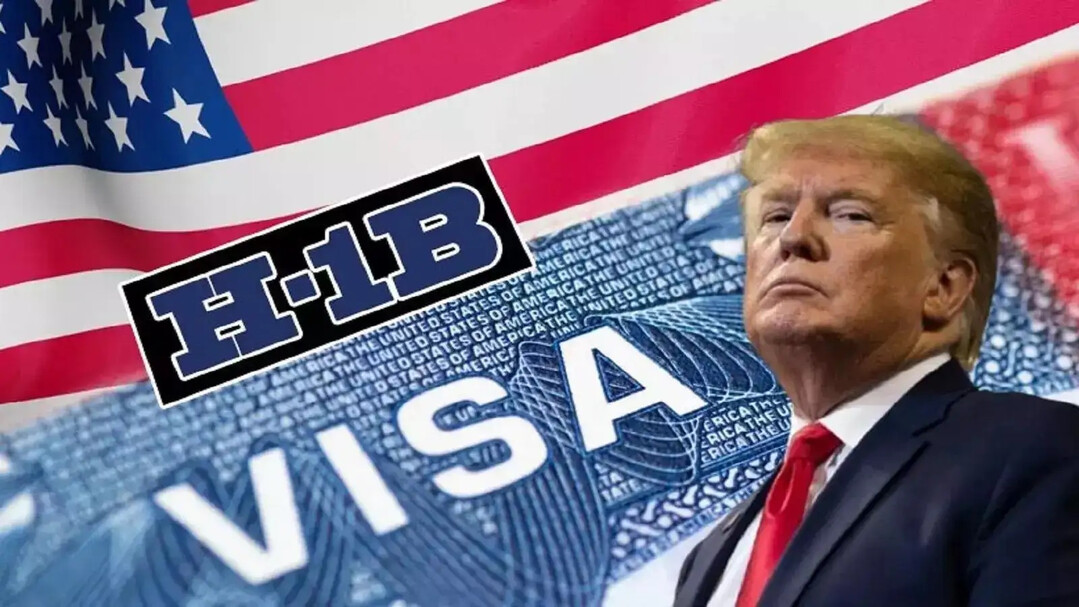
SEOUL/WASHINGTON D.C. — The controversial $100,000 fee increase for the U.S. H-1B specialty occupation visa, announced last month, will primarily be imposed on new applicants residing outside the United States, according to detailed guidance released by U.S. Citizenship and Immigration Services (USCIS) on October 20 (local time).
The U.S. government had previously signaled a massive hundredfold hike in the H-1B visa fee—a program vital for foreign workers in Science, Technology, Engineering, and Mathematics (STEM) fields—to a staggering $$100,000$. This move sparked immediate concern among global employers and prospective applicants.
The newly issued USCIS guidelines clarify the scope of the dramatic fee increase. The $100,000 payment is mandatory only for petitions submitted after 12:01 a.m. U.S. Eastern Time on September 21, 2025, for beneficiaries who are outside the United States and do not possess a valid H-1B visa.
Crucially, the guidance provides significant relief to those already within the U.S. workforce or educational system. The fee is not applicable to petitions requesting an amendment, a change of status, or an extension of stay for an individual already inside the United States, provided the change or extension is granted. This means current international students on F-1 visas, foreign workers changing employers, or those seeking to extend their current H-1B status will generally be exempt from the new fee.
The exemption covers a significant portion of the H-1B applicant pool. U.S. tech companies frequently sponsor H-1B visas for foreign nationals who are already working in the country on temporary employment visas after graduating from U.S. universities. U.S. government statistics show that approximately 54% of the 141,000 new H-1B visas issued last year were granted to immigrants already residing in the United States. Therefore, more than half of new visa recipients will not be subject to the fee hike.
However, the $100,000 fee will still apply in certain cases involving individuals currently in the U.S. For instance, if an H-1B petition is filed for a change of status or extension, but USCIS ultimately determines the applicant is ineligible for the requested status change or extension and approves the petition for consular notification instead, the petitioner must pay the $$100,000$ fee. This condition serves as a clear financial deterrent against attempts to bypass the overseas application requirement through ineligible domestic filings.
The measure, part of a broader policy shift aimed at protecting American jobs and reforming the H-1B program, has drawn legal challenges from business advocacy groups like the U.S. Chamber of Commerce. Critics argue that the exorbitant cost will harm innovation, particularly for startups and smaller firms, and could lead to a "brain drain" as highly skilled workers opt for other countries.
Exceptions to the $$100,000$ fee are available but will be granted only in "extraordinarily rare" circumstances where the Secretary of Homeland Security determines that the foreign worker's presence is in the national interest and that no qualified American worker is available for the position. The proclamation setting the fee is set to expire after 12 months unless extended.
The clarification by USCIS, while offering exemptions to the domestic talent pipeline, solidifies a major new financial barrier for U.S. companies seeking to recruit skilled professionals directly from abroad. The move signals a clear intent to prioritize the hiring and retention of foreign talent already integrated into the U.S. economy, while simultaneously discouraging new arrivals.
[Copyright (c) Global Economic Times. All Rights Reserved.]




























